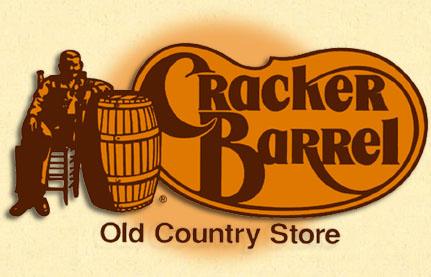As the temperature climbed to 105F today in Manhattan (Kansas) I was once again thankful for City Park, down the street, with it’s groovy new splash and water park.
Two-and-a-half-year-old Sorenne hasn’t had an accident – yet – but who knows if she will.
It’s a tough balancing act for city types – public health versus cool relief.
WLWT repots that children who are not toilet trained can again swim in public pools in Northern Kentucky, under revised guidelines issued by the Northern Kentucky Health  Department on Thursday.
Department on Thursday.
The restriction, in place since June 3, has been part of an effort to stop the spread of shigella. More than 100 cases of shigella have been reported in Boone, Campbell, Grant and Kenton Counties since April. Typically, about 25 cases are reported for the entire year.
"When faced with a shigella outbreak, a big concern is that the bacteria, and other similar illnesses, could infect a larger population through local swimming pools," said Dr. Lynne M. Saddler, District Director of Health, in a news release.
"The restriction on diapers in pools was an effective strategy. In past shigella outbreaks, when restrictions were not in place, we saw a significant increase of shigella cases and other recreational water illnesses in June. This June, with restrictions in place, we have not seen as many cases of shigella, or other illnesses, including cryptosporidium."
Other efforts to contain the Shigella outbreak will continue, focusing on child care centers and swimming pool facilities, officials said.
And keep those chlorine levels up.

.jpg) consumption is in the UK, but recent research carried out by De Montfort University found products imported from Bangladesh on sale in shops in Birmingham, Leicester and Luton.
consumption is in the UK, but recent research carried out by De Montfort University found products imported from Bangladesh on sale in shops in Birmingham, Leicester and Luton. .jpg) chicks and ducklings to an unnamed nationwide agricultural feedstore.
chicks and ducklings to an unnamed nationwide agricultural feedstore. who was injured to undergo testing to rule out blood borne diseases.
who was injured to undergo testing to rule out blood borne diseases..jpeg) "during re-packaging cross-contamination cannot be excluded."
"during re-packaging cross-contamination cannot be excluded.".jpg) Germany. The rate of infection has slowed considerably since its climax in May.
Germany. The rate of infection has slowed considerably since its climax in May..jpg) Evergreen sprouts in recent weeks, but that there haven’t been any new illnesses reported since June 2.
Evergreen sprouts in recent weeks, but that there haven’t been any new illnesses reported since June 2..jpg) water can. However, using such gels after hand washing with soap and water may further reduce the risk of picking up these infections.
water can. However, using such gels after hand washing with soap and water may further reduce the risk of picking up these infections..jpg) it’s distributed.??
it’s distributed.??.jpg) history that the award was presented to a local food safety jurisdiction outside of the United States. As a Crumbine Award winner, Toronto Public Health joins an elite group of local public health agencies that have demonstrated "unsurpassed achievements in providing outstanding food protection services in the community."
history that the award was presented to a local food safety jurisdiction outside of the United States. As a Crumbine Award winner, Toronto Public Health joins an elite group of local public health agencies that have demonstrated "unsurpassed achievements in providing outstanding food protection services in the community."